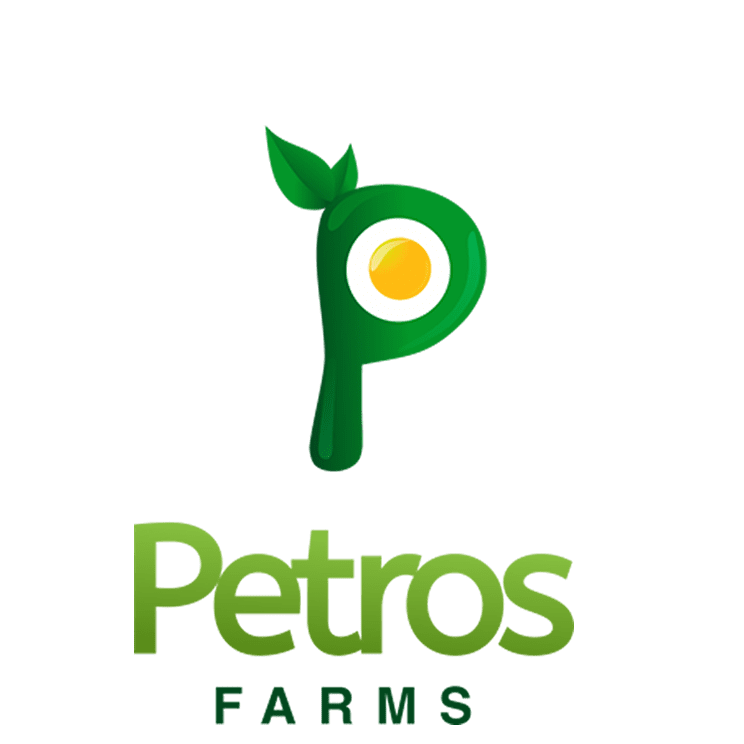08 Jun Hydrogen Peroxide: The Ultimate Weapon For Poultry Farm Biosecurity
Let’s Work Together to Build A Successful Poultry Business Of your Dreams.
Petros Farms offers 20 minutes free consultation services.
Introduction:
Commercial poultry egg farms play a vital role in meeting the increasing global demand for high-quality eggs. However, the expansion and complexity of these farms have led to a higher risk of infectious diseases. To safeguard the health and welfare of the birds and prevent disease transmission, the implementation of robust biosecurity measures is essential. This article explores the significance of biosecurity in commercial poultry egg farms and highlights key strategies for minimizing disease risks.
Physical Barriers: Preventing Pathogen Entry
Biosecurity begins with physical barriers that prevent the entry of infectious agents into the farm. Perimeter fencing, gates, and biosecurity signage are essential components. Controlled entry points equipped with footbaths, hand washing facilities, and disinfectant sprays help ensure that all visitors and vehicles adhere to biosecurity protocols. Personnel must wear protective clothing such as coveralls, boots, and gloves when entering the farm to minimize the risk of disease transmission.
Management Practices: Safeguarding Bird Health
Effective management practices are crucial for maintaining bird health and preventing disease outbreaks. Key practices include:
- Vaccination: Vaccines are vital tools for preventing the spread of infectious diseases. Vaccination programs should be developed in consultation with veterinary professionals and followed diligently.
- Isolation and Quarantine: Sick or new birds should be isolated from the rest of the flock until cleared by a veterinarian. New birds must undergo a minimum 21-day quarantine period before being introduced to the flock.
- Sanitation: Regular farm cleaning and disinfection are essential for preventing pathogen buildup. High-pressure water and disinfectants effectively remove and eliminate bacteria and viruses. Specifically, disinfecting the waterline is critical due to the common occurrence of biofilms, which harbor pathogenic organisms.
- Exploring Hydrogen Peroxide for Waterline Cleaning: Hydrogen peroxide offers several advantages over chlorine when it comes to cleaning water lines. Here are five important facts explaining why poultry farmers might choose hydrogen peroxide:
- Non-toxic: Hydrogen peroxide is considered safer for animals than chlorine. It breaks down into water and oxygen, leaving no harmful residue.
- Less corrosive: Chlorine can corrode water lines over time, but hydrogen peroxide is less corrosive and may extend the lifespan of the lines.
- Environmentally friendly: Hydrogen peroxide breaks down into water and oxygen, making it environmentally friendly and non-polluting compared to chlorine.
- Effective against a wide range of pathogens: Hydrogen peroxide effectively eliminates bacteria, viruses, and fungi, helping to maintain pathogen-free water lines and prevent disease outbreaks.
- Easy to use: Hydrogen peroxide can be easily added directly to the water lines without requiring special equipment or training, providing a convenient option for poultry farmers.
- Pest Control: Implementing effective pest control measures such as traps, bait stations, and insecticides can prevent the spread of diseases carried by rodents and insects.
Education and Training: Empowering Personnel
Education and training programs are crucial for ensuring that all personnel understand the importance of biosecurity and can implement the necessary measures effectively. Tailored training programs covering disease transmission, biosecurity protocols, and emergency response plans help create a knowledgeable workforce capable of maintaining optimal biosecurity standards.
Conclusion: Strengthening Biosecurity for a Sustainable Future
Maintaining the health and welfare of birds on commercial poultry egg farms is paramount. By implementing physical barriers, adopting appropriate management practices, and investing in education and training programs, the risk of disease transmission can be significantly reduced. These biosecurity measures not only protect the birds but also contribute to improved productivity and high-quality egg production. By working together, the poultry industry can meet growing consumer demand while minimizing the risk of disease outbreaks, ensuring a sustainable and thriving future.
Top 5 Key Takeaways
– Implementing robust biosecurity measures is crucial in commercial poultry egg farms to prevent the entry and spread of infectious diseases.
– Utilizing perimeter fencing, gates, and designated entry points with footbaths, hand washing facilities, and disinfectant sprays help prevent the introduction of pathogens into the farm.
– Vaccination programs, isolation, and quarantine of sick or new birds, regular sanitation practices, and effective pest control contribute to maintaining bird health and preventing disease outbreaks.
– Hydrogen peroxide offers advantages over chlorine, including non-toxicity, less corrosiveness, environmental friendliness, effectiveness against a wide range of pathogens, and ease of use.
– Proper education and training of personnel on disease transmission, biosecurity protocols, and emergency response plans are critical to ensure a knowledgeable workforce capable of maintaining optimal biosecurity standards.
Cheers.
Petros Farms
Share with:
